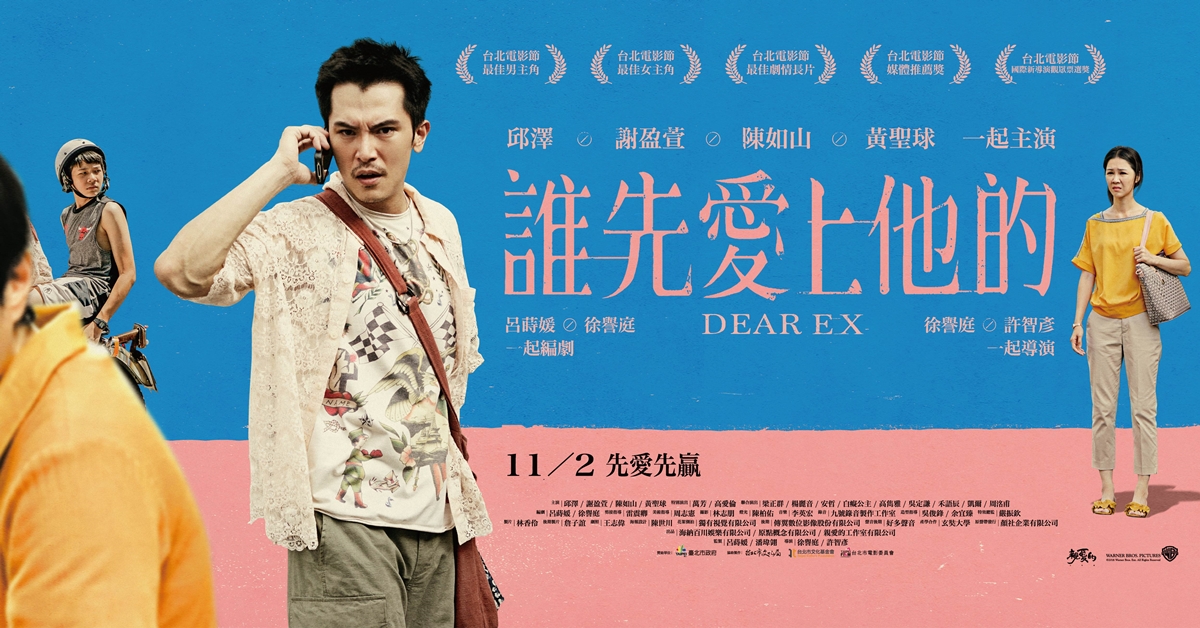
Taiwanese queer film of the last few years have received less international attention compared to earlier films from the Taiwanese New Wave. Again, reasons for this include that more recent Taiwanese film in general remain overshadowed by the Taiwanese New Wave internationally, as well as that there is no visual language for contemporary Taiwanese film which has led them to be recognizably grouped together in a manner similar to the New Wave. Taiwanese films emergent after 2008 with the revival of domestic film following the domestic hit, Cape No. 7, have thus often been underexamined by international critics.
In discerning the characteristics of Taiwanese queer film released post-2008, then, one observes that such films often reflects decidedly contemporary social concerns, with what is often quite visibly the attempt to present a political viewpoint regarding queer issues. In this sense, if contemporary Taiwanese queer film does pick up threads from the earlier New Wave, one sees less often the attempt to present queer desire naturalistically, say, as it appears in Tsai Ming-Liang’s Vive L’Amour or Hou Hsiao-Hsien’s Rebels Of The Neon God, but rather the attempt to inform pedagogically, somewhat more along the lines of what is present in Ang Lee’s The Wedding Banquet.
A great deal of this likely returns to that for the past few years, Taiwan has been hailed as on the verge of becoming the first country in Asia to legalize gay marriage. Directors, producers, and actors, then, have likely attempted to use film as a medium to inform. We can see this particularly in films released in the last four years, as it was initially a campaign promise of current Taiwanese president Tsai Ing-Wen to legalize gay marriage in her election campaigning in 2016. Nevertheless, Tsai eventually backed down from this campaign promise in the face of larger than expected social opposition to gay marriage–in this sense, the role of film as a medium which can inform may be more important than ever in present-day Taiwan.
The 2018 film Dear EX, which was nominated for 8 Golden Horse awards, focuses on Song Cheng-xi who, along with his mother, Liu San-lian, discovers that his recently deceased father was gay and left his inheritance to his male lover instead of to his son. Song, however, ends up finding an unexpected role model in his father’s former lover, Ah-Jie, a theater director, moving in with Ah-Jie in order to escape his overbearing mother.

Bao Bao, also from 2018, tells the story of a lesbian couple who want to have children, and decide to do so through cooperating with a gay couple. The film is set in both the UK and in Taiwan, touching upon the lives of the LGBTQ Taiwanese diaspora in the UK, and addressing the desire of lesbian and gay couples to have children to meet the expectation of their parents for grandchildren.

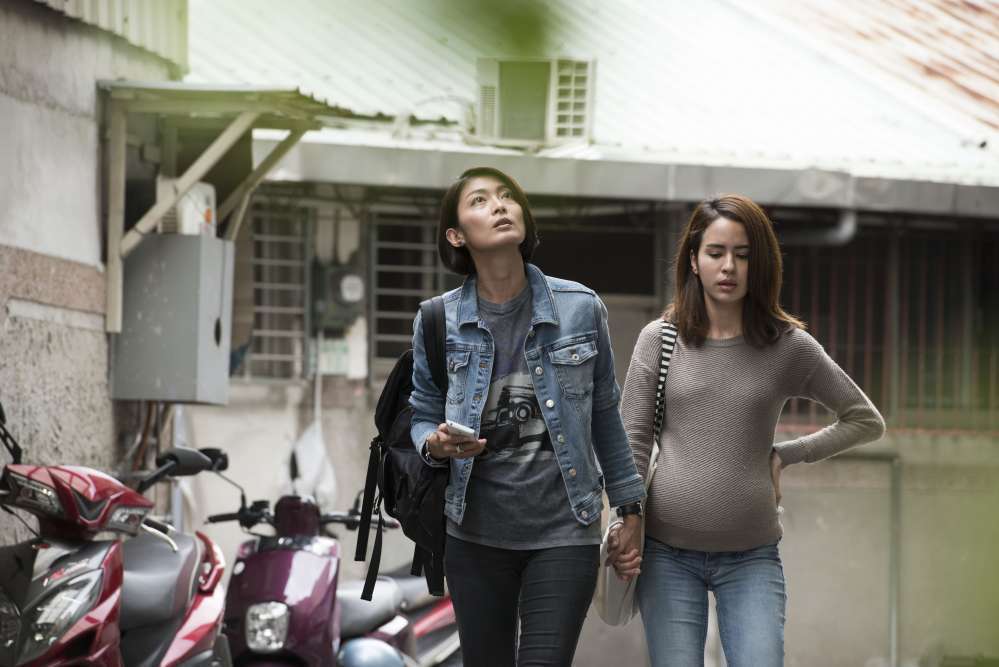
The 2017 film Alifu, the Prince/ss focuses on the eponymous Alifu, who was born male yet wishes to transition to being female. However, Alifu also faces the fact that, as the only child of a tribal chief, she cannot inherit her father’s position as chief if she does so, there being few precedents for female chiefs. At the same time as Alifu attempts to find a resolution to these issues, she begins to find himself in a relationship with a lesbian woman who had recently broken up with her partner.
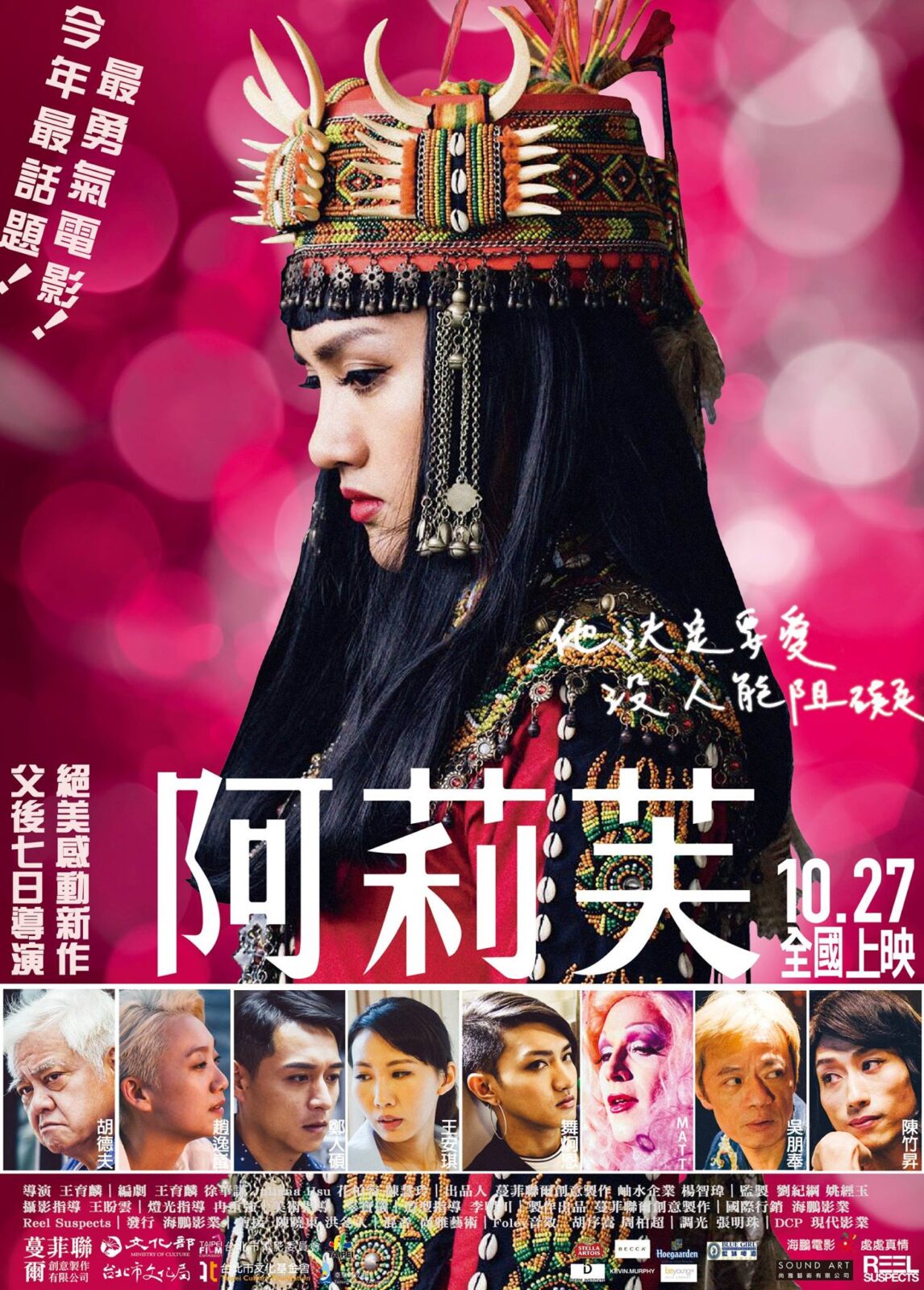
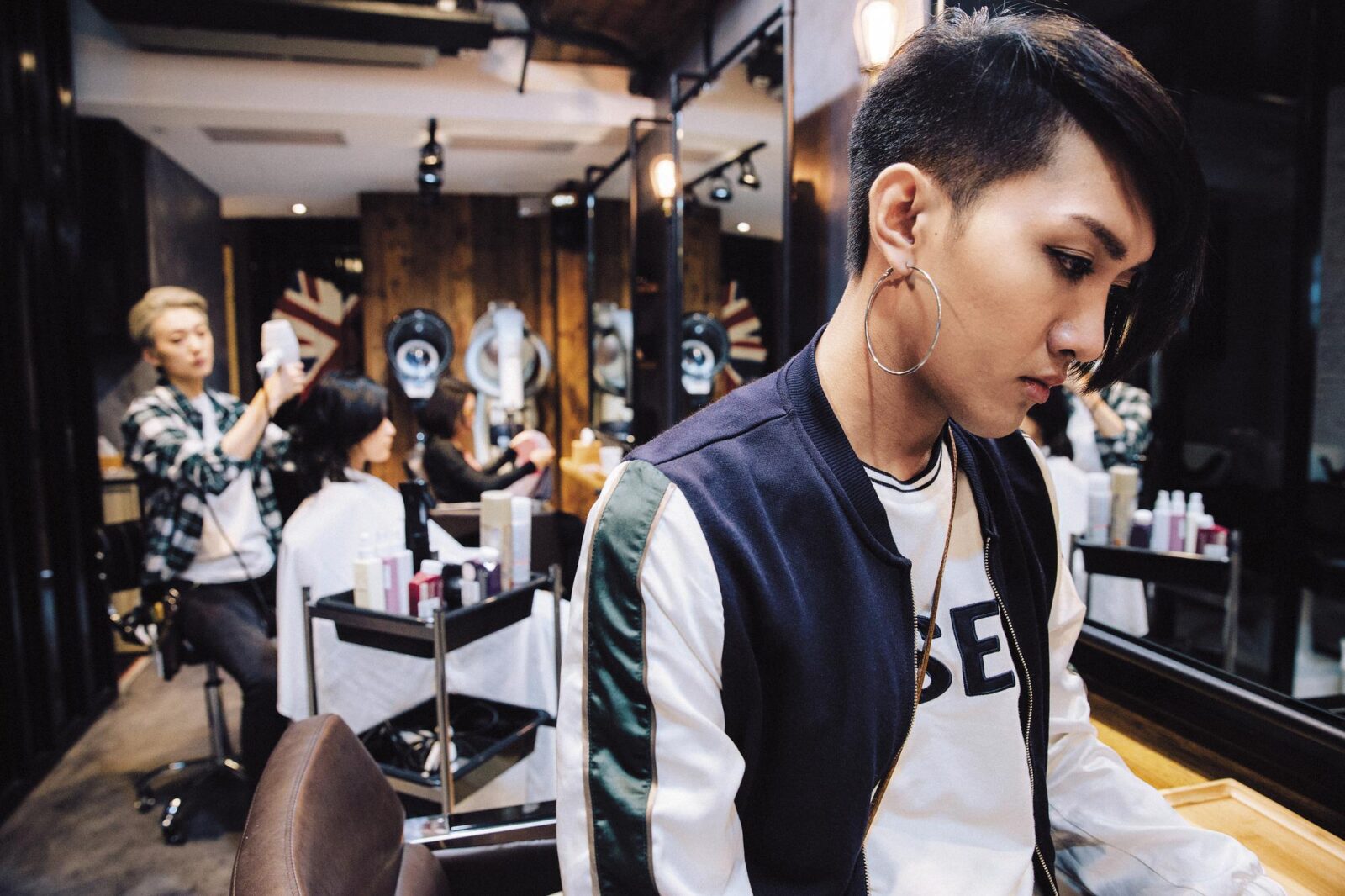
What one observes in all three of these films is the means by which contemporary discourse regarding LGBTQ and other social issues take a central role. Dear EX makes the fact that gay men and lesbian women enter into heterosexual marriages to hide their sexuality into its central plot element, this having also provided the basis for the plot of The Wedding Banquet, although it takes the perspective of the son and wife of a closeted gay man instead of focusing on a gay couple putting on a sham marriage. But whereas the couple focused on in The Wedding Banquet is simply putting on an act, Dear EX engages seriously with the issue of gay men who enter into heterosexual marriages because they want to be “normal”, and what the resultant effects are on those who are left outside of the institutions of heterosexual marriage, particularly since they may be denied rights of inheritance, denied from making medical decisions on behalf of their partner, or even not allowed deathbed visits.
Bao Bao picks up a similar thread, although instead of focusing on gay men, it primarily focuses on a lesbian couple. This couple is motivated by similar desires to please their parents by producing a grandchild, hence why they enter into a pact with a gay couple so that both sets of couples will be able to satisfy the demands of filial piety. One notes that, through this unusual grouping of two lesbian women and two gay men as parents in Bao Bao and the grouping of the wife, son, and lover of a closeted gay man in Dear EX, Dear EX and Bao Bao pick up a thread continued from The Wedding Banquet of suggesting the potentialities of non-heteronormative, non-dyadic family units.
As the history of Taiwanese queer cinema has disproportionately focused on the representation of gay men, perhaps in this way, Bao Bao can be seen as indirectly indicating that the lens of contemporary Taiwanese queer cinema has widened to become more inclusive. This can also said to be the case with Alifu, the Prince/ss.
The conflict between traditions of the heteropatriarchal family and more modern, pluralistic sexual identities has primarily figured in Taiwanese queer cinema through focus on those of ethnic Han descent, figured as the clash between a queer identity sometimes figured as “western” and the traditional Confucian family unit. The clash between the traditional family and queer identity, however, figures in Alifu instead by way of indigenous Paiwan traditions, and the film further touches on the contemporary social issue of indigenous young people seeking to preserve tradition in a majority Han society.
In particular, with many indigenous young people living in cities today, rather than in the countryside, indigenous cultural traditions face the threat of being swept away by urban modernity. This, too, has been an issue which has been widely discussed in Taiwan in recent years, particularly after heated protest by indigenous groups against the Tsai administration’s failure to return indigenous territories, despite its apologizing to indigenous for their mistreatment on behalf of the Republic of China government. Such protests are often led by indigenous young people.
Indeed, Alifu also focuses on a trans protagonist, which is still a rarity in Taiwanese queer film. Moreover, Alifu suggests both a non-essentialist vision of sexual and gender identity with regards to its trans protagonist, and the notion of fluid sexualities and gender identities, as present in the central relationship between Alifu and Li Pei-zhen, a lesbian woman that enters into a relationship with the pre-transition Alifu, and a character who is a straight man that performs drag. In general, from the 1980s to the present, one observes an increasing engagement with trans issues in Taiwanese queer film, and a less essentialist view of gender and sexual identity.
On the other hand, Thanatos, Drunk, a 2015 film directed by Chang Tso-chi, picks up threads more readily visible in Tsai Ming-liang’s Vive L’Amour, per se, by featuring gay characters among a larger cast of individuals, but without this necessarily serving as the central driving issue of the plot. Thanatos, Drunk was nominated for ten Golden Horse Award nominations in 2015, with some perceiving it to be an upset that it did not win best film, even seeing this as a slight against the film for being to a large degree spoken in Taiwanese instead of Mandarin.

Thanatos, Drunk also has the characteristic shared with Tsai Ming-liang films of dividing its time between a large cast of characters, with multiple intersecting plotlines. Thanatos, Drunk focuses on two brothers dealing with the death of their mother, as well as their cousin and her boyfriend, a male gigolo named Shuo, to whom one of the brothers seems attracted to and who seems to reciprocate–this raising questions of bisexuality, incest, and social taboo.
Compared to other Taiwanese queer film in recent years, Thanatos, Drunk lacks any didactic message that it hopes to impart to viewers, with greater emphasis on the aesthetic value of the work, the existentialist themes in its plot, its mytho-poetic story framing, and a conclusion for the film which is ultimately open-ended. Yet we note, that in comparison with other queer film, the family unit still is the basis of the film’s master narrative, with the plot focused on the tensions within a family.
The aspirations of Thanatos, Drunk, are more directly towards the art film. However, what this perhaps indirectly points to is the fact that a great deal more contemporary Taiwanese queer film aspires towards commercial film, rather than art film. This has not prevented contemporary Taiwanese queer film from being widely acclaimed among Sinophone film, as observed in that Dear EX, Alifu, the Prince/ss, and Thanatos, Drunk were all contenders in the Golden Horse Awards. Nonetheless, the aspiration of contemporary Taiwanese film after Cape No. 7 has been much more towards commercial film, rather than art film, and this is also true of Taiwanese queer film, which is subject to these broader trends.
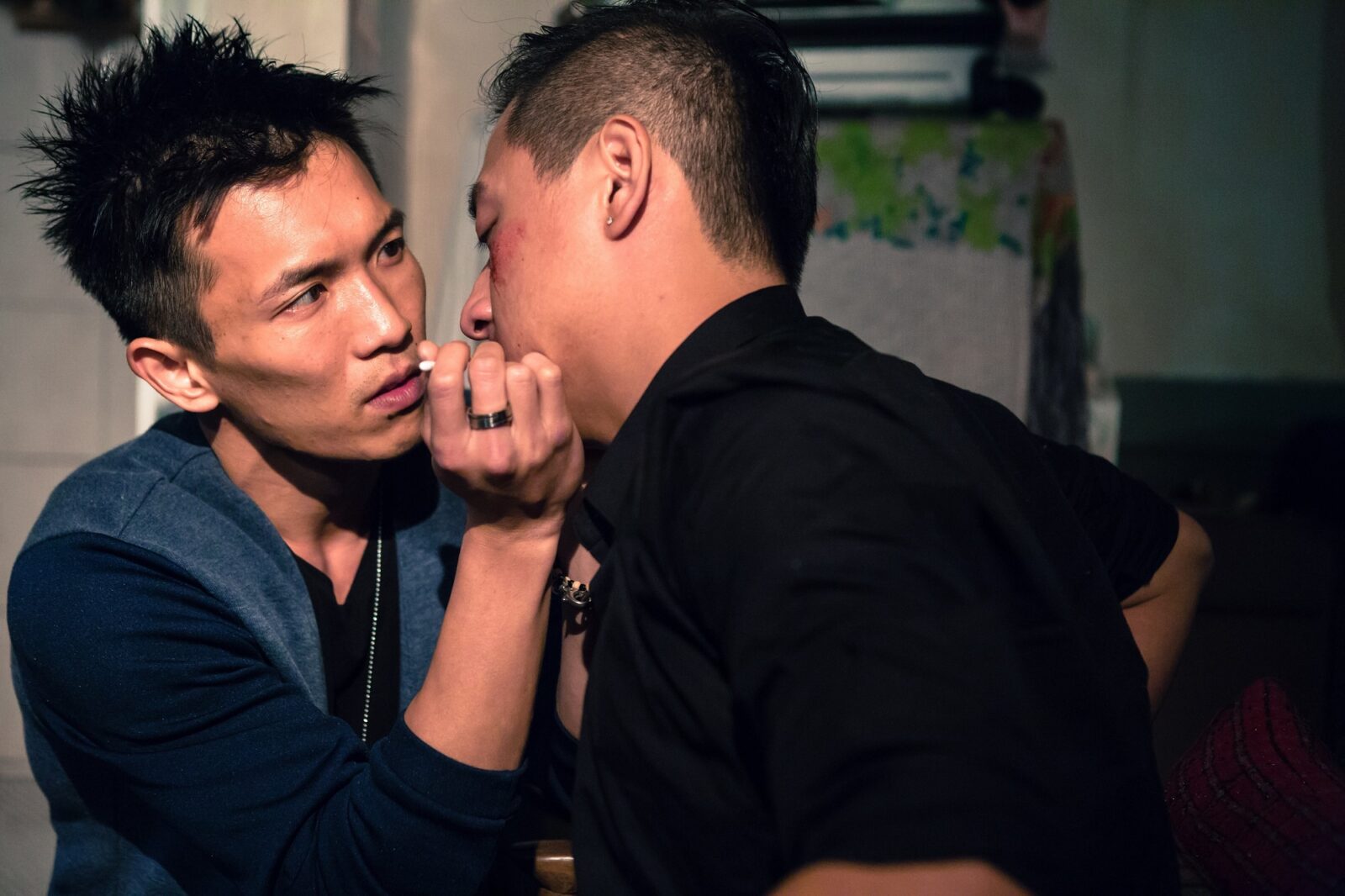
At the same time, contemporary Taiwanese commercial cinema still has a large shadow cast on it by the Taiwanese New Wave and its reception internationally has been strongly influenced by it in that way, seeing as the Taiwanese New Wave still largely shapes international perceptions of what Taiwanese films are. But whereas the aspirations of the New Wave were towards a form of neorealism, these films tend to be more stylized. This is visible in the use of animation in Dear EX, surreal scenes in Bao Bao, or the strong use of music synchronized with image in both Thanatos, Drunk and Dear EX. And as the rise of social issue-focused Taiwanese documentaries has taken place concurrently with the development of post-2008 Taiwanese queer film, one suggests that this has also been a strong influence on the focus on contemporary social issues readily visible in recent Taiwanese queer film.
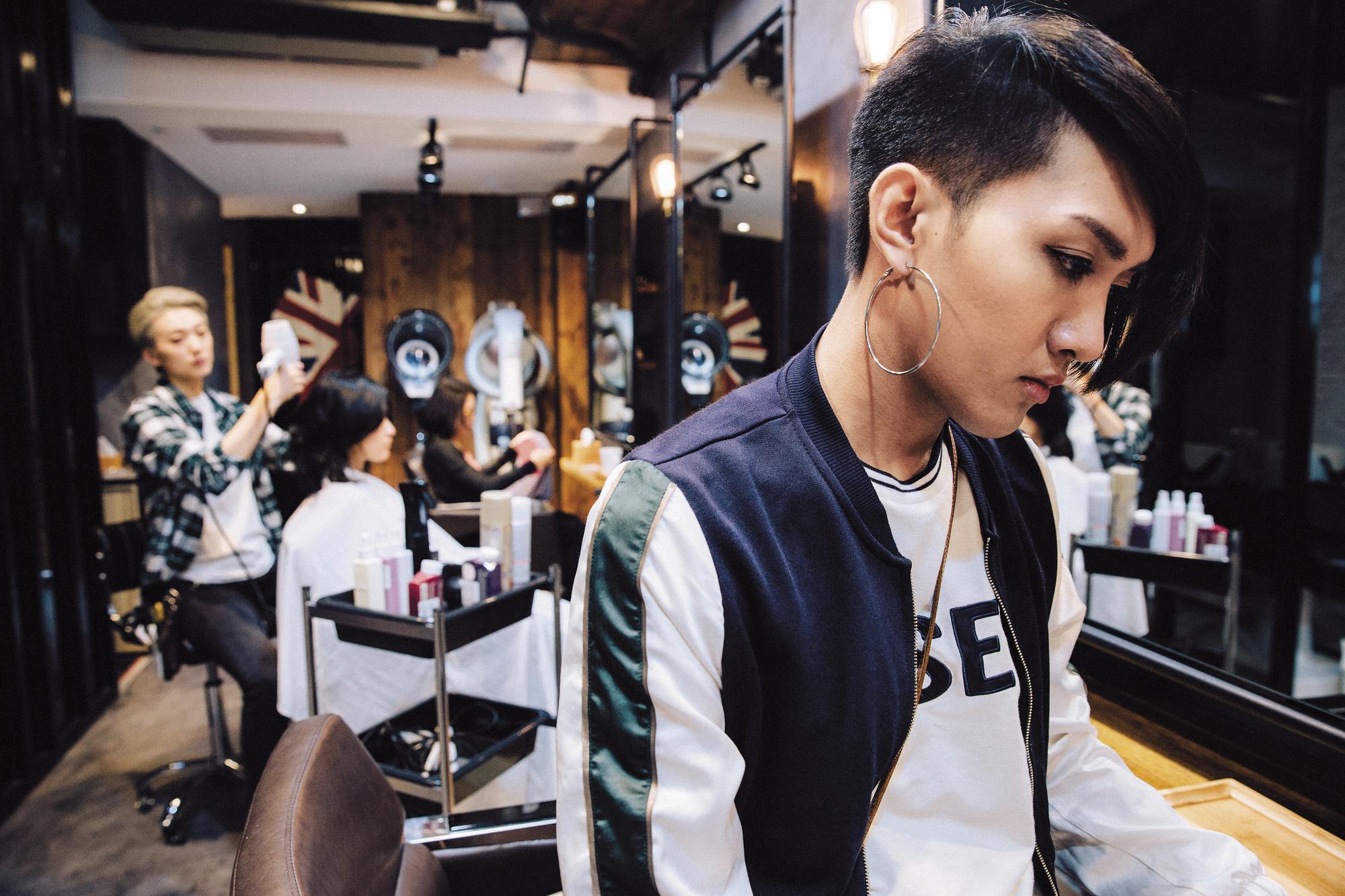
 No products in the basket.
No products in the basket.